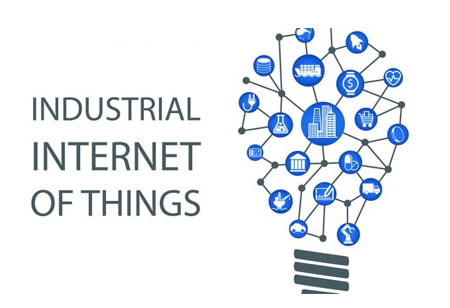THANK YOU FOR SUBSCRIBING
Three Ways how Cognitive Computing Benefits Financial Institutions
Cognitive computing with advanced natural language processing abilities can allow businesses to collect insights from different sources and make decisions according to highly detailed information

By
Apac CIOOutlook | Monday, July 12, 2021
Stay ahead of the industry with exclusive feature stories on the top companies, expert insights and the latest news delivered straight to your inbox. Subscribe today.
Cognitive computing with advanced natural language processing abilities can allow businesses to collect insights from different sources and make decisions according to highly detailed information.
Fremont, CA: Cognitive computing is a branch of computer science that aims to give machines the capability to think and behave like humans. Cognitive computing evaluates data and makes decision autonomously as well as act in close accordance with human behavior.
Cognitive computing systems engage naturally with humans to detect and solve issues. The system is built on AI systems with the additional capability to communicate with humans and understands the situational context. To efficiently cater to an expanding number of customers, banking and financial institutions have quickly embraced technologies that automate their processes. Along with automating the back-end and administrative tasks, these solutions are now taking over the customer-facing activities.
Here are three ways cognitive technology in finance is improving efficiency and enhancing customer experience:
Contextualized Customer Service
Incorporating cognitive computing in financial organizations’ websites and mobile applications will help optimize chatbots’ functionality and allow them to solve complicated queries with correct information. Customer care chatbots can understand any query typed in natural language and can translate the information from the organization’s database into natural language for the customer to understand.
Improved Security and Identity Management
Cognitive computing can allow security systems in banks and financial institutions to be more powerful and versatile, reducing the risk of illegal transactions, identity theft, and information breaches while streamlining the process of a legitimate transaction. Cognitive computing can assess customer behavior factors like the mode of transactions, beneficiaries, average transactions with various beneficiaries, and other vital details. Based on this information, security systems can establish the likelihood of a transaction being authentic.
Detailed Customer Analysis
Cognitive computing with advanced natural language processing capabilities can allow businesses to collect insights from different sources and make decisions according to highly detailed information. These decisions have minimum risk related to them, leading to better actions and improved results.





